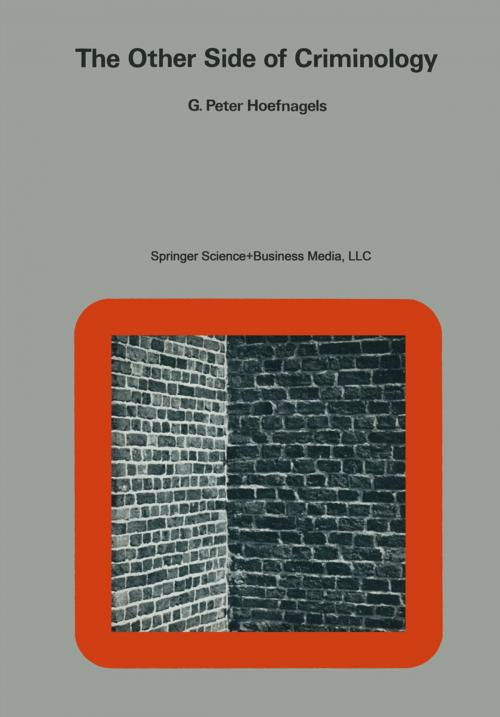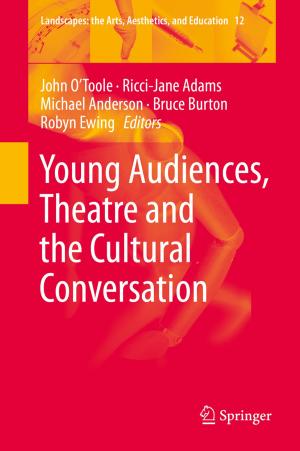The Other Side of Criminology
An Inversion of the Concept of Crime
Nonfiction, Social & Cultural Studies, Social Science, Crimes & Criminals, Criminology| Author: | ISBN: | 9789401744959 | |
| Publisher: | Springer Netherlands | Publication: | June 29, 2013 |
| Imprint: | Springer | Language: | English |
| Author: | |
| ISBN: | 9789401744959 |
| Publisher: | Springer Netherlands |
| Publication: | June 29, 2013 |
| Imprint: | Springer |
| Language: | English |
Didactically, a textbook of criminology should start at the beginning. The learning process, also an emotional process, begins in criminology with the concepts, views, emotions, attitudes and ideas we have regarding crime and criminals. Exploration of these underlying factors is one of the aims of the present book. We can free our thinking only by being aware of the significance of our own feelings and thoughts about a phenomenon like crime. 'That is the basic problem confronting us. In scien tific thinking implicit postulates as to the sensus communis, unless recognized and 1 neutralized, grow into idols.' The fight against crime is one example of such an idol. Crimes and criminals exist only by virtue of reactions to certain forms of be havior. For this reason this book will begin by examining the reactions of society to crime. Criminology is primarily a science of others than offenders. In this sense I invert criminology. The history of criminology is not so much a history of offenders, 2 as a history of the reactions of those in power.
Didactically, a textbook of criminology should start at the beginning. The learning process, also an emotional process, begins in criminology with the concepts, views, emotions, attitudes and ideas we have regarding crime and criminals. Exploration of these underlying factors is one of the aims of the present book. We can free our thinking only by being aware of the significance of our own feelings and thoughts about a phenomenon like crime. 'That is the basic problem confronting us. In scien tific thinking implicit postulates as to the sensus communis, unless recognized and 1 neutralized, grow into idols.' The fight against crime is one example of such an idol. Crimes and criminals exist only by virtue of reactions to certain forms of be havior. For this reason this book will begin by examining the reactions of society to crime. Criminology is primarily a science of others than offenders. In this sense I invert criminology. The history of criminology is not so much a history of offenders, 2 as a history of the reactions of those in power.















